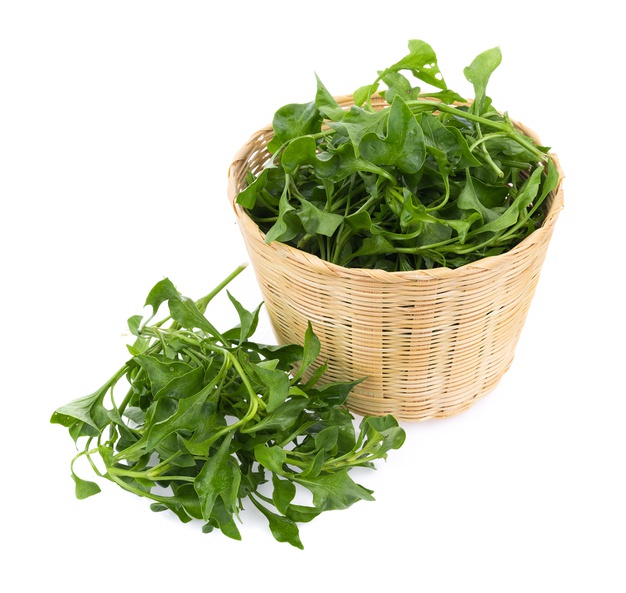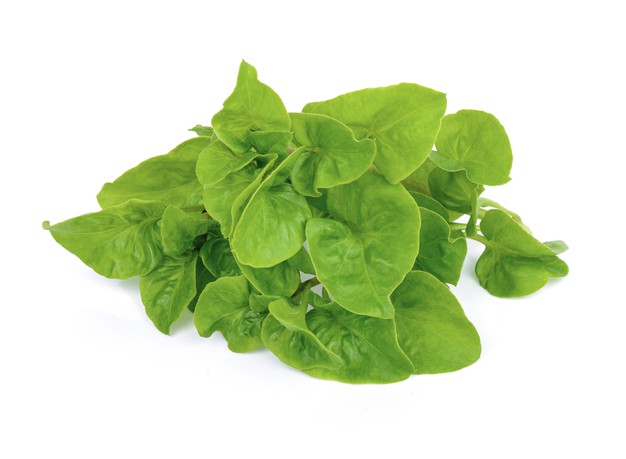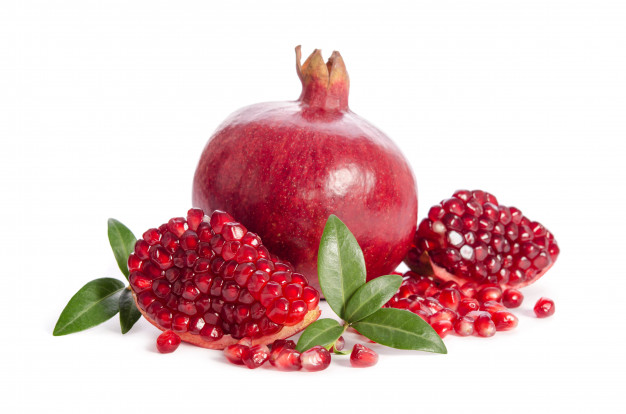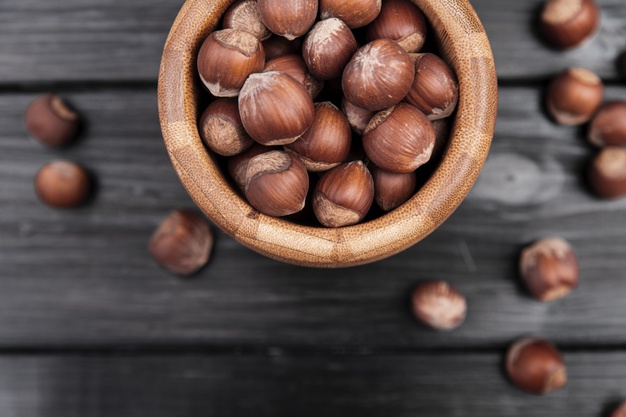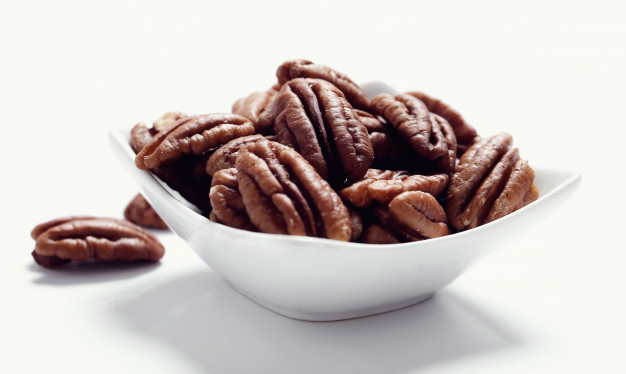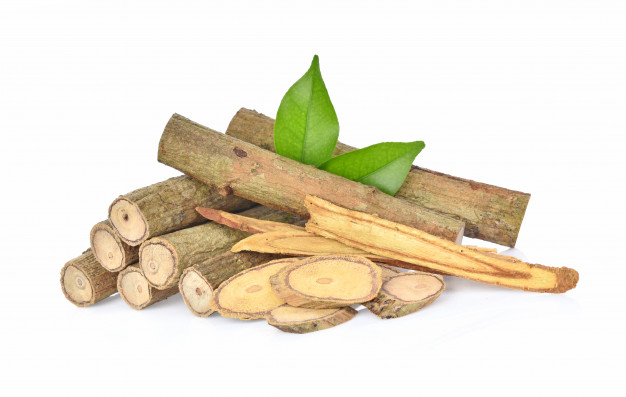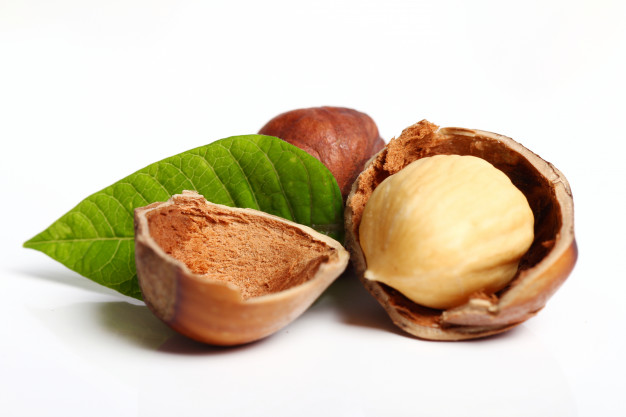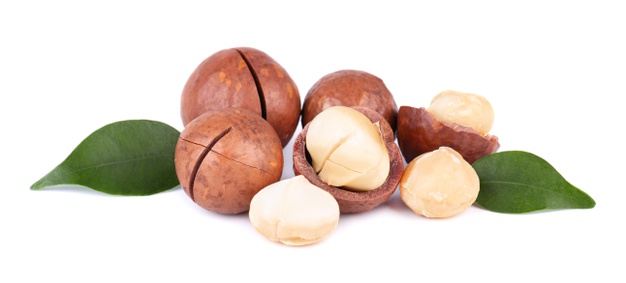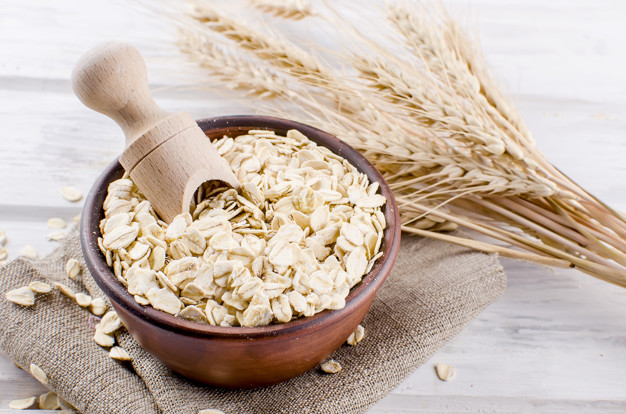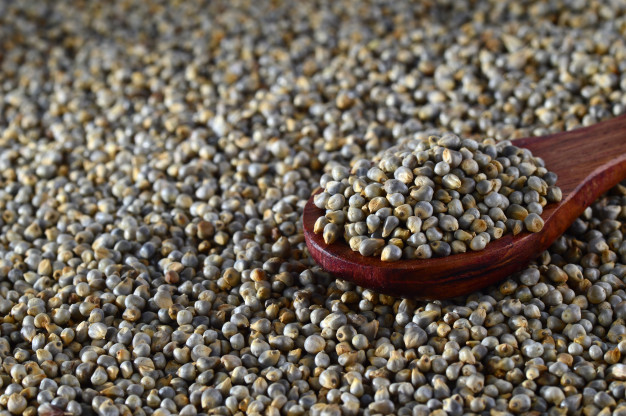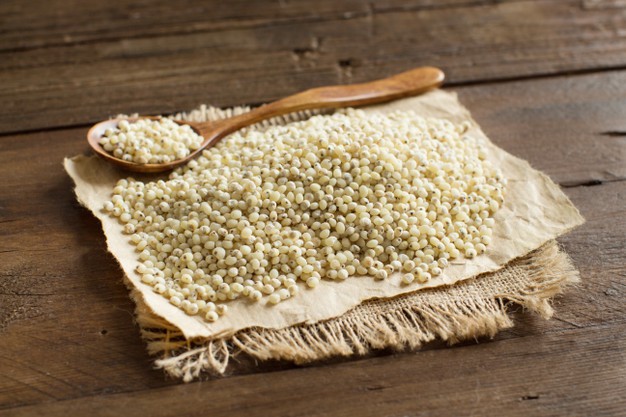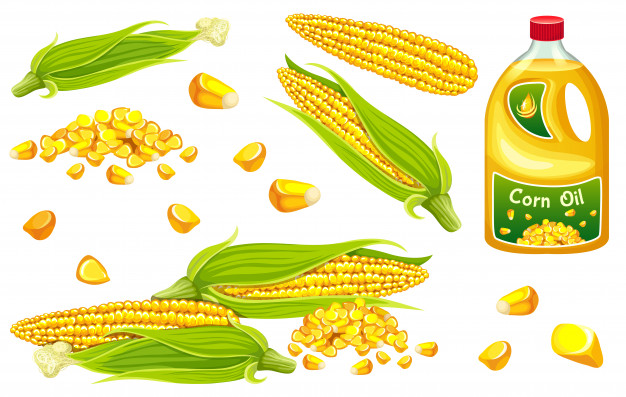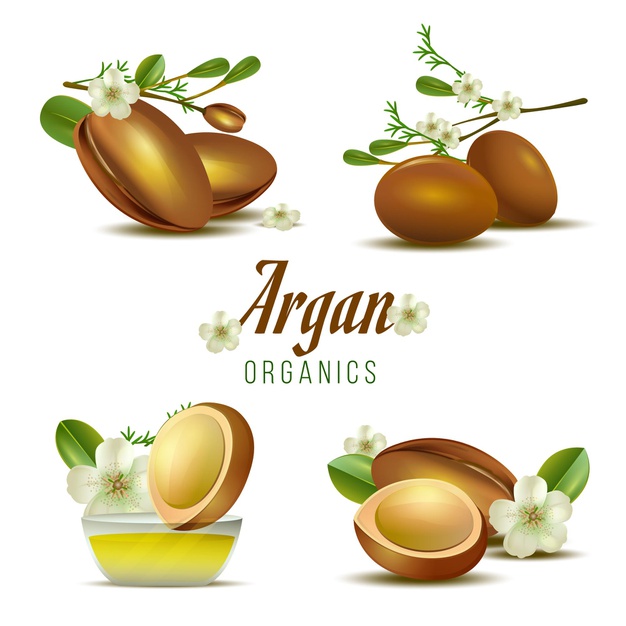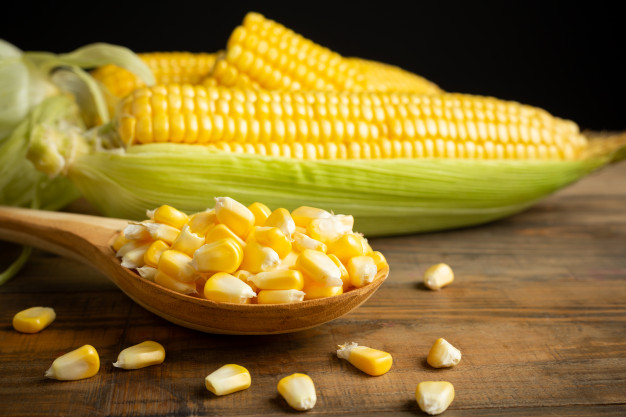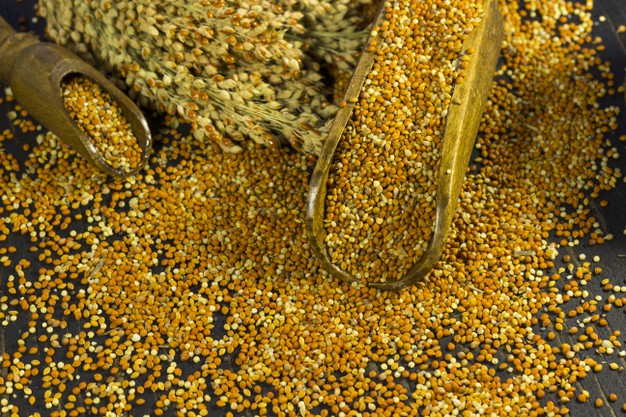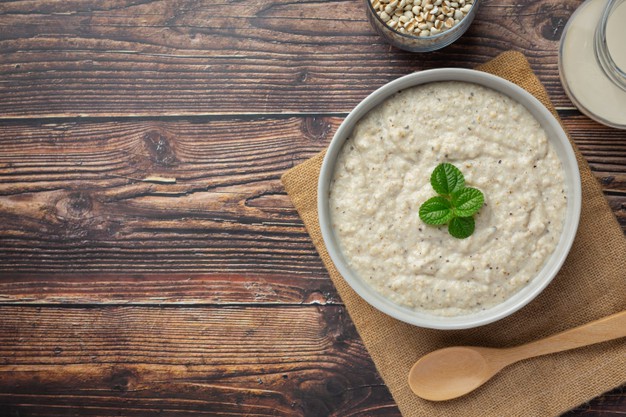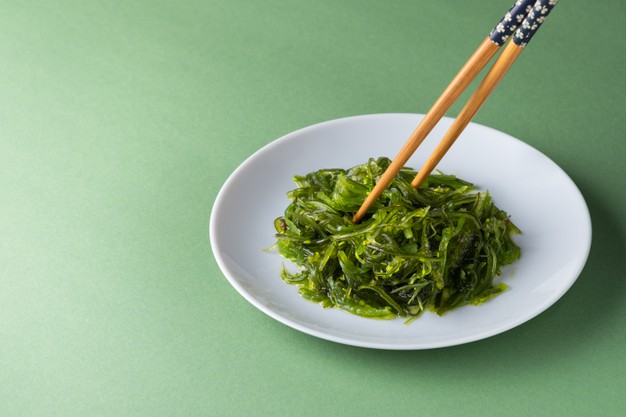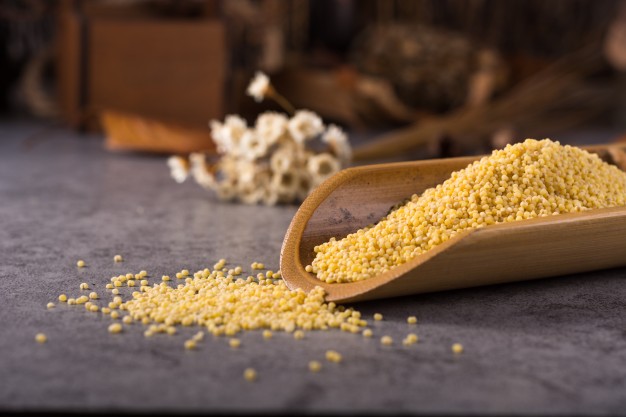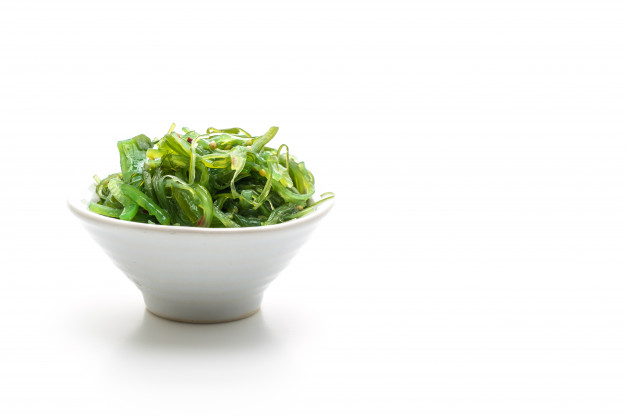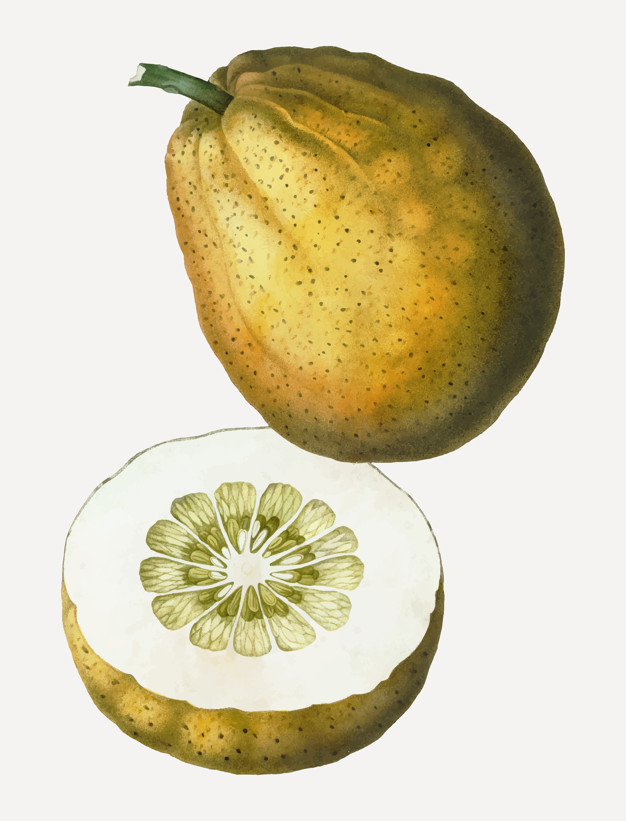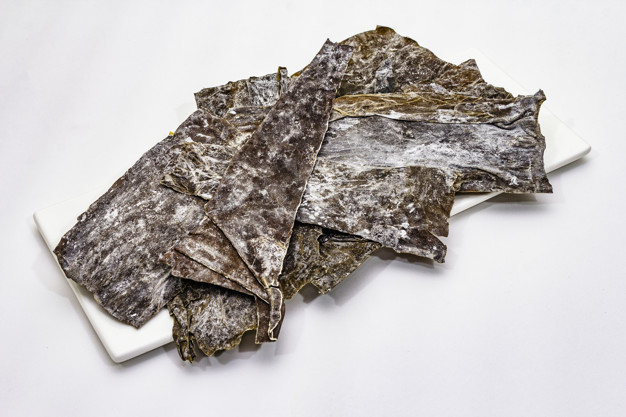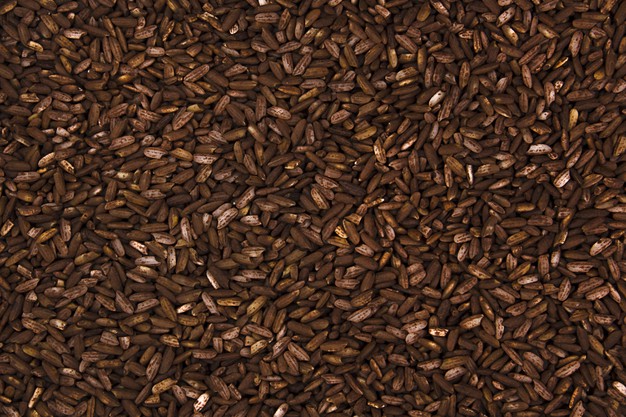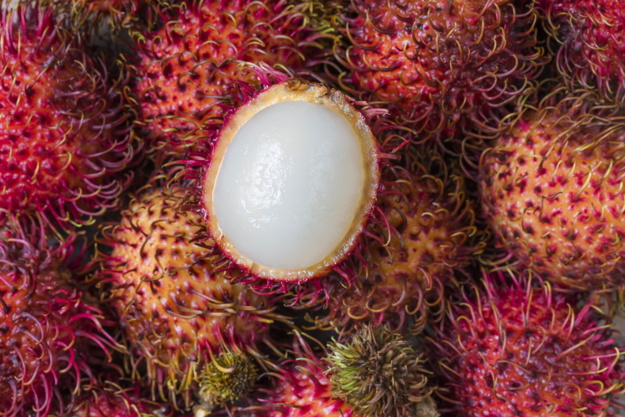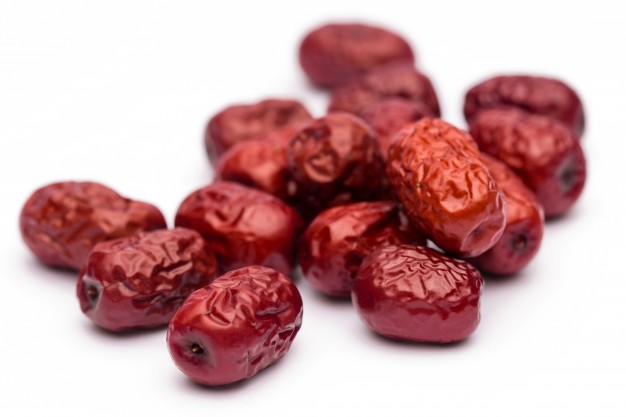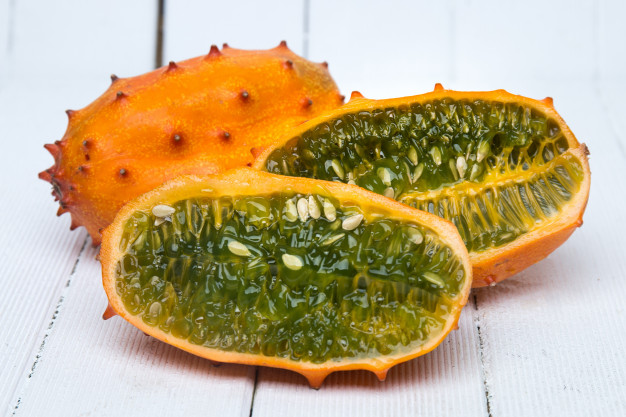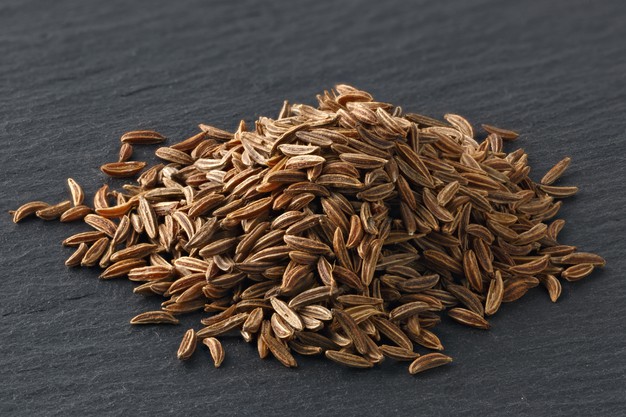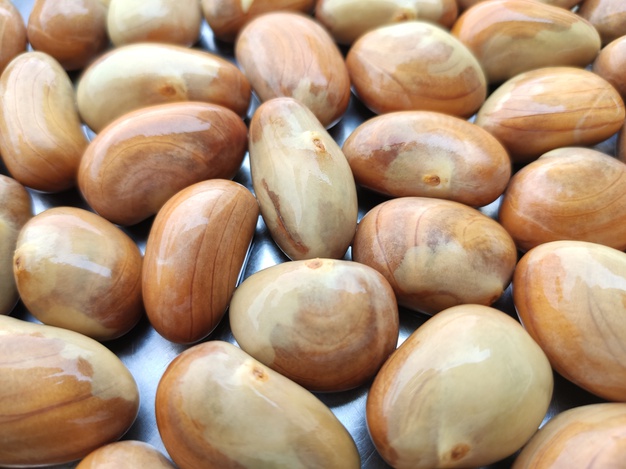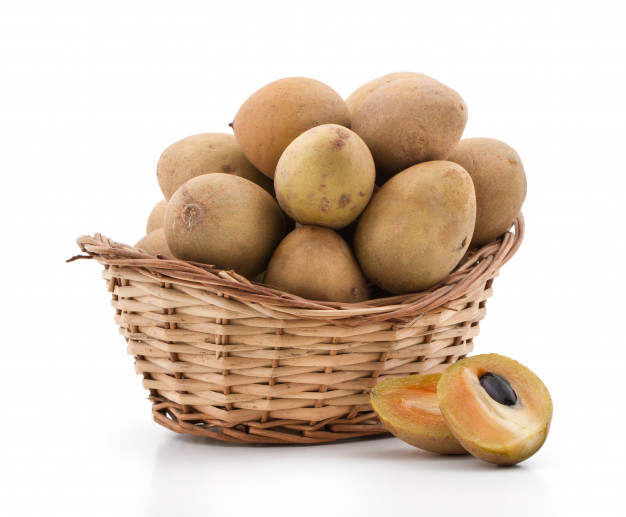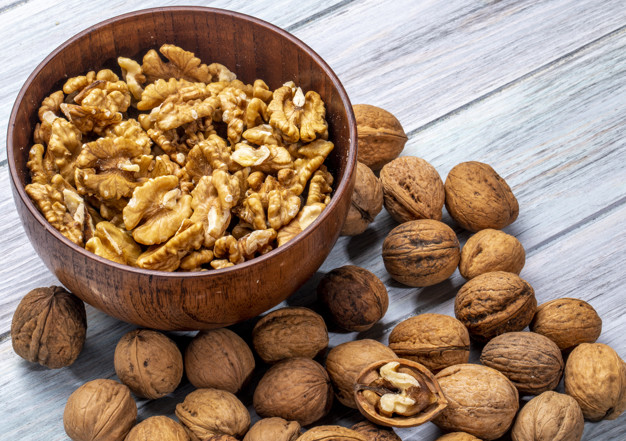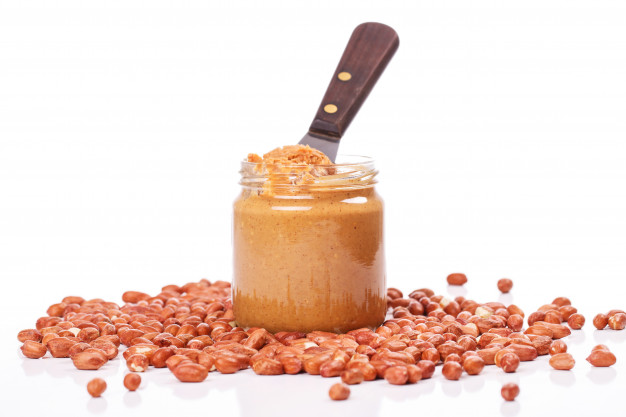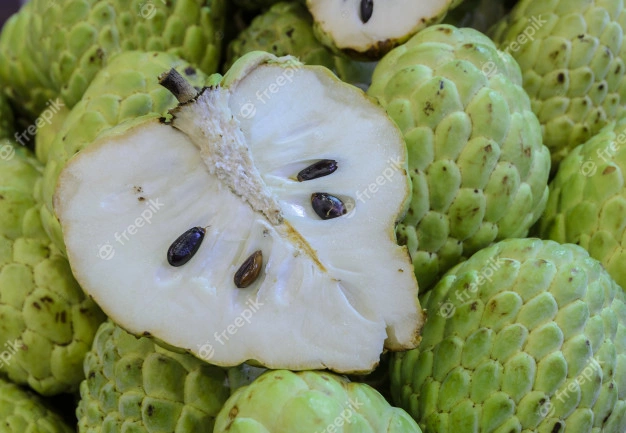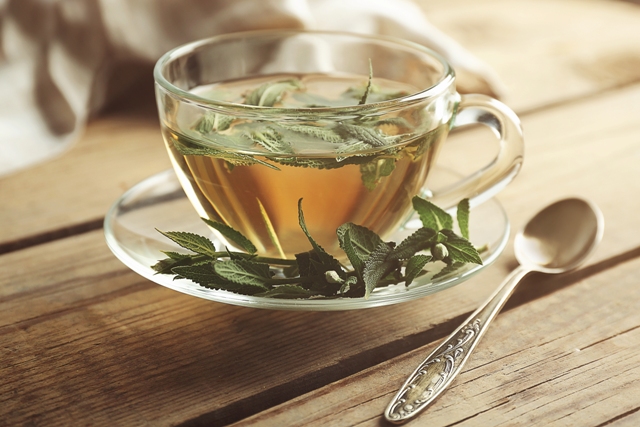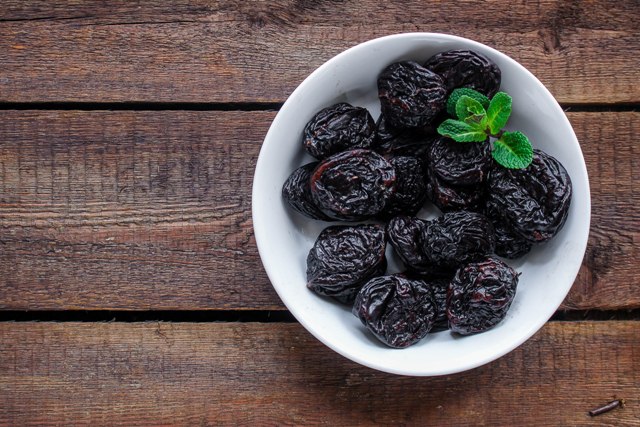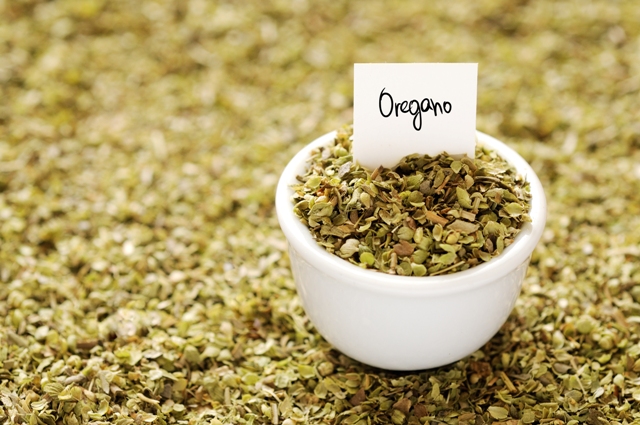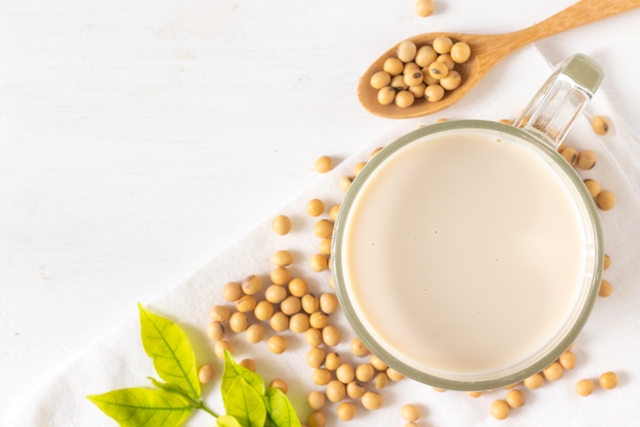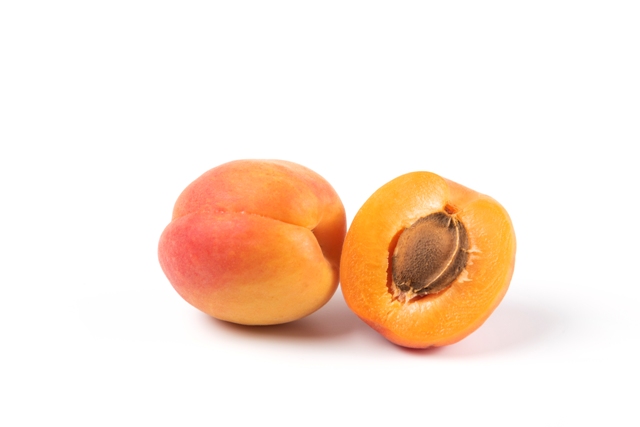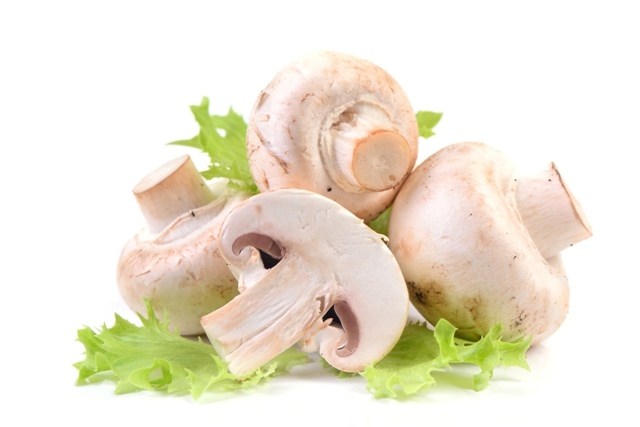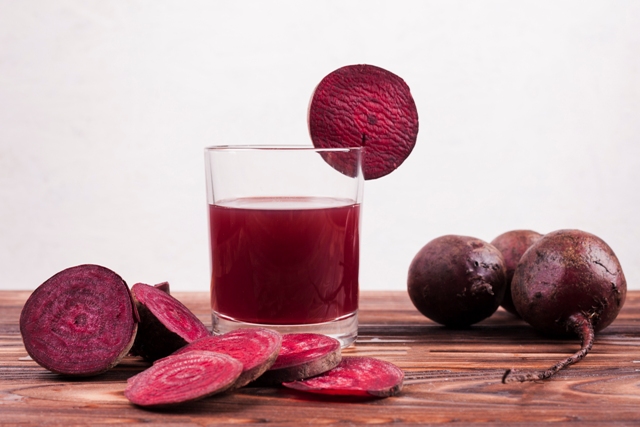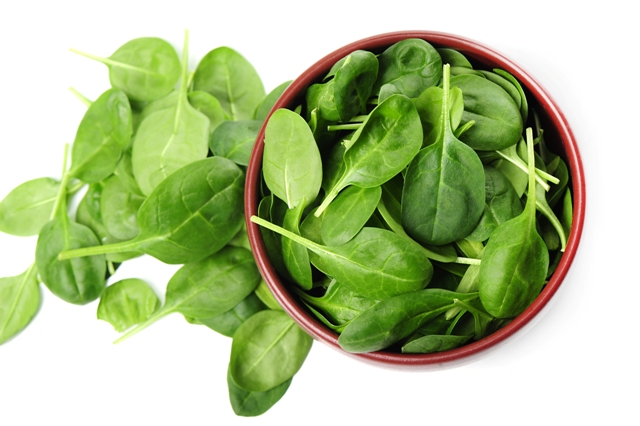Watercress, isothiocyanate, phytochemicals, micronutrients, lipoic acid, fibre content, antioxidant property, anti-carcinogenic activity
Description : Watercress is an important green leafy vegetable belongs to Brassicaceae family. It is packed with
Article Details :
Watercress is an important green leafy vegetable belongs to Brassicaceae family. It is packed with various micronutrients and antioxidants, which offer numerous health benefits.
Nutritional profile
- It contains very less amounts of carbohydrate, whereas contains desirable amount of fibres
- It contains fewer amounts of proteins as well
- It is a poor source of fat and does not provide enough calorie on its oxidation
- It contains several vitamins like Vitamin A, Vitamin E, Vitamin K, Vitamin C and B vitamins especially Vitamin B1, B2, B5, B6 and B9
- It also contains a variety of important trace elements, which include calcium, phosphorus, potassium, magnesium, manganese, iron and sodium
- It is rich in phytochemicals that help to exert its antioxidant, anti-carcinogenic and anti-inflammatory properties
Biological properties
Antioxidant property
- It contains significant amount of flavonoids that act as strong antioxidant
- It helps to neutralize free radicals within body and reduces oxidative stress
- It is also associated with sparing various important biochemical compounds of body (like lipid, protein, phospholipid, DNA, RNA etc) from oxidation and helps to sustain their functionality
- Its consumption is very effective for reducing the prevalence of developing chronic diseases
Anti-inflammatory property
- It is better to consume watercress to inhibit swelling and pain
- It plays significant role in reducing the concentration of inflammatory mediators in body, which helps to inhibit inflammation

Anti-carcinogenic property
- Polyphenolic compounds of watercress play significant role in reducing the susceptibility of cancers
- Isothiocyanate component of watercress is considered as the main anti-carcinogenic substance that helps to inactivate carcinogens and also protects normal cells from damages
- It helps to suppress the growth of tumor cell as well and also prevents their spreading
- It is associated with regulating apoptosis and cellular proliferation that helps to hinder the growth of cancerous cells
- It is very effective for reducing the prevalence of breast, lung, colon, skin and prostate cancers
Health benefits
Role on immunity
- Its Vitamin A content plays significant role in strengthening the immune system
- Its Vitamin C content is also associated with boosting up the immunological responses of body
- It is associated with increasing the production of WBC, which helps to protect the body from developing infectious diseases
- Its consumption is also very effective for preventing normal cold and flu
Role on digestive health
- It helps to support the growth and development of intestinal beneficial bacteria and promotes gut health
- It also helps in digestion and absorption of foods
- Its fibre content helps to improve bowel movements and prevents constipation by making defecation easy
- It is also related with enhancing peristalsis and improves colonic health
- Its antioxidant and anti-inflammatory activities are accountable for protecting the entire gastrointestinal tract from various injuries hence helps to reduce the prevalence of developing gastrointestinal disorders
Role on skeletal system
- Its Vitamin K, phosphorus, potassium, magnesium and calcium contents play principal role in promoting the growth and development of skeletal system
- Vitamin K found in watercress helps in the synthesis of healthy bone tissue as it is associated with synthesizing osteocalcin
- It also helps to reduce the prevalence of bone fractures
- Its calcium content is responsible for improving bone strength and it also helps to support bone development by improving the synthesis of osteoblast
- It is also related with regulating bone turnover
- It helps to increase bone mineral density as well
- Its consumption is very effective for improving the symptoms of osteoporosis
Role on eye health
- It contains two most imperative carotenoid, lutein and zeaxanthin, which act as strong antioxidant and help to protect the eye from oxidative damages thus reduces the risk of developing eye disorders
- It also helps to promote vision
- It plays significant role in reducing the prevalence of cataract and age related macular degeneration
- It also helps to prevent eye damages by protecting eyes from the harmful effects of blue light
- In favor of obtaining a good eye health an individual should consume watercress
